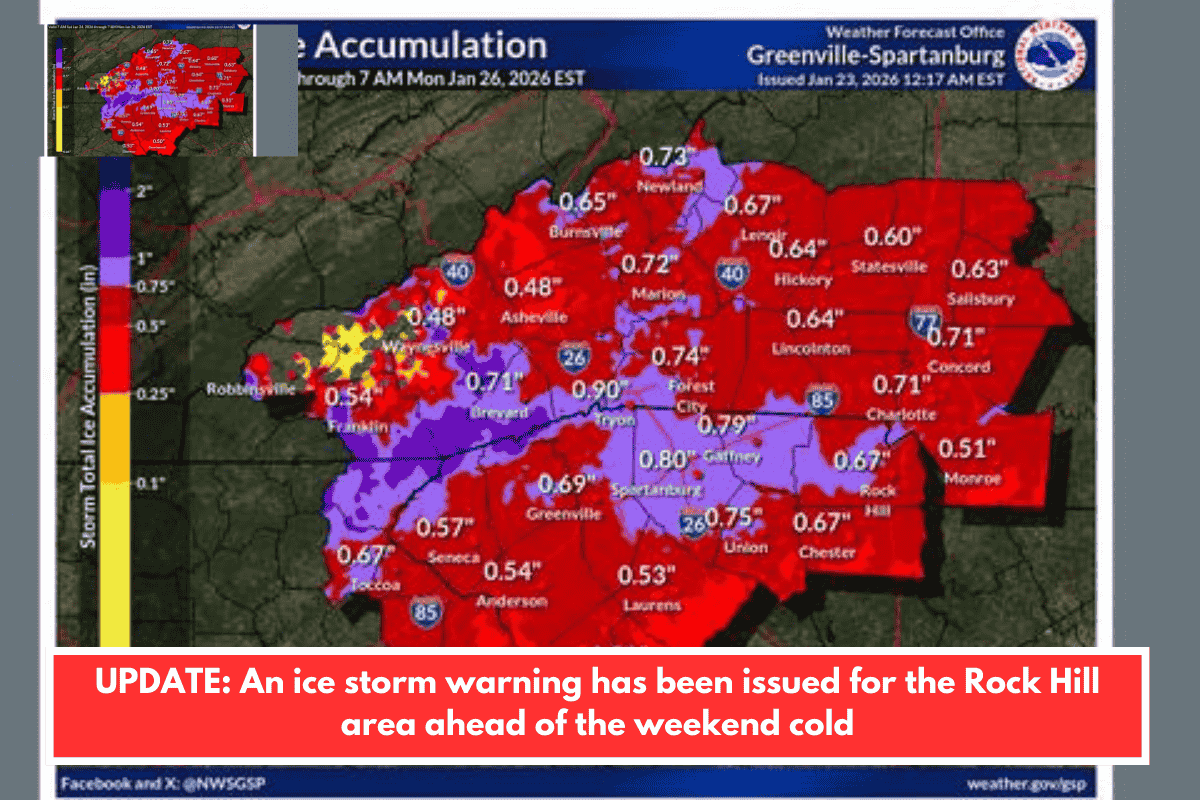Getting stopped by the police can be stressful, especially if you’re worried about your privacy. One common concern many people have is whether the police can search their phone during a traffic stop. In New Mexico, the law is clear—your phone is protected by the U.S. Constitution.
Let’s break down what you need to know.
What Does the Law Say?
In most cases, New Mexico police cannot search your phone during a traffic stop without a warrant. This rule comes from a major court case called Riley v. California (2014), where the U.S. Supreme Court said police must get a judge’s approval before going through your phone.
When Can Police Take or Search Your Phone?
Seizing your phone: If you’re arrested or involved in an investigation, police can take (seize) your phone.
Searching your phone: They can’t open or look inside your phone unless:
You say it’s okay (you give permission),
They get a court order (warrant), or
There’s a true emergency (like preventing a serious threat or crime).
What Happens if You Refuse?
You have the right to say no if police ask to search your phone. Always be polite, but you can say:
“I do not consent to a search of my phone.”
If they don’t have a warrant or emergency reason, they should not continue. If they do, anything found on your phone might not be allowed in court.
What If You’re Arrested?
Even if you’re arrested, police still need a warrant to look at your phone’s data. They may hold your phone but cannot access your messages, apps, or photos without permission from a judge.
Important Court Case: Riley v. California
This 2014 court decision says mobile phones have a lot of private information. Searching a phone is not the same as checking your pockets. That’s why the law gives phones more protection under the Fourth Amendment.
What Should You Do?
Stay calm and follow basic rules:
Don’t resist.
Don’t unlock or hand over your phone unless you want to.
Ask if they have a warrant.
Keep track of what’s happening and speak to a lawyer if needed
In New Mexico, police can take your phone in certain situations, but they cannot search it without a warrant or your permission. The law respects your privacy, especially when it comes to your personal digital life. Knowing your rights can help you stay calm and protect yourself if you’re ever pulled over.
SOURCES
[1] https://www.harrisonhartlaw.com/your-rights-during-a-police-stop/
[2] https://www.dps.nm.gov/wp-content/uploads/2022/07/OPR.-42-R-6-Search-and-Seizure-043018.pdf
[3] https://www.nmag.gov/wp-content/uploads/2021/11/nm-oag-search-seizure-manual.pdf
[4] https://law.justia.com/codes/new-mexico/chapter-30/article-22/section-30-22-3/
[5] https://www.justcriminallaw.com/blog/2021/december/top-10-rights-police-don-t-want-you-to-know/














